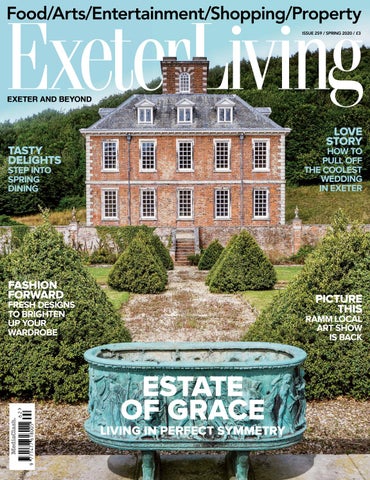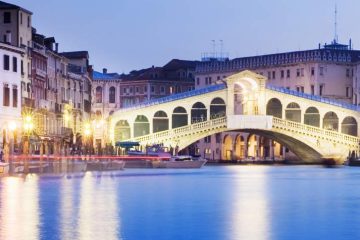Exploring the Historic and Vibrant City of Exeter

Introduction
Exeter, a city located in Devon, South West England, is renowned for its rich history combined with a vibrant cultural scene. Established since Roman times, this historic capital of Devon boasts impressive landmarks, educational institutions, and a lively community, making it a focal point for visitors and residents alike. As the city embraces modernity, its historical significance plays a crucial role in its identity, attracting tourists and enhancing local pride.
Historic Significance
Exeter’s history dates back over 2,000 years, beginning as a Roman fort known as Isca Dumnoniorum. Today, remnants of this ancient past can be explored at sites such as the Exeter Cathedral, which showcases stunning Gothic architecture and serves as a significant place of worship. The Cathedral’s impressive nave and historical significance as one of the finest examples of medieval architecture in the country exemplifies the city’s heritage.
Additionally, the Exeter’s underground passages, built during the Middle Ages, provide insight into the ingenuity of past civil engineering efforts. The city’s Roman history is celebrated at the Royal Albert Memorial Museum, where various artefacts tell the story of Exeter’s development through the centuries.
Modern Developments
While Exeter is strongly rooted in history, it is also a city evolving with the times. The city is home to the prestigious University of Exeter, which not only adds to the educational landscape but also fuels the local economy and brings innovation to the forefront of various sectors, including research and technology.
Furthermore, Exeter’s thriving arts scene, visible through events such as the Exeter Festival and numerous galleries, showcases local talent and creativity. The city is also recognised for its commitment to sustainability, with initiatives aimed at reducing carbon emissions and promoting environmentally friendly practices.
Community and Culture
The sense of community in Exeter is palpable, with local markets, community events, and an array of dining options contributing to a vibrant atmosphere. The city centre is host to a variety of shops, cafes, and parks, encouraging residents to engage with one another and fostering a welcoming spirit for visitors.
Conclusion
Exeter stands as a testament to the blend of history and modernity, offering residents and visitors a unique experience. Its rich historical background combined with contemporary developments creates a dynamic environment. As Exeter continues to evolve, it remains essential for readers to appreciate its cultural significance while exploring its historical roots. The city not only honours its past but also looks forward to a promising future, making it an essential destination within the UK.









